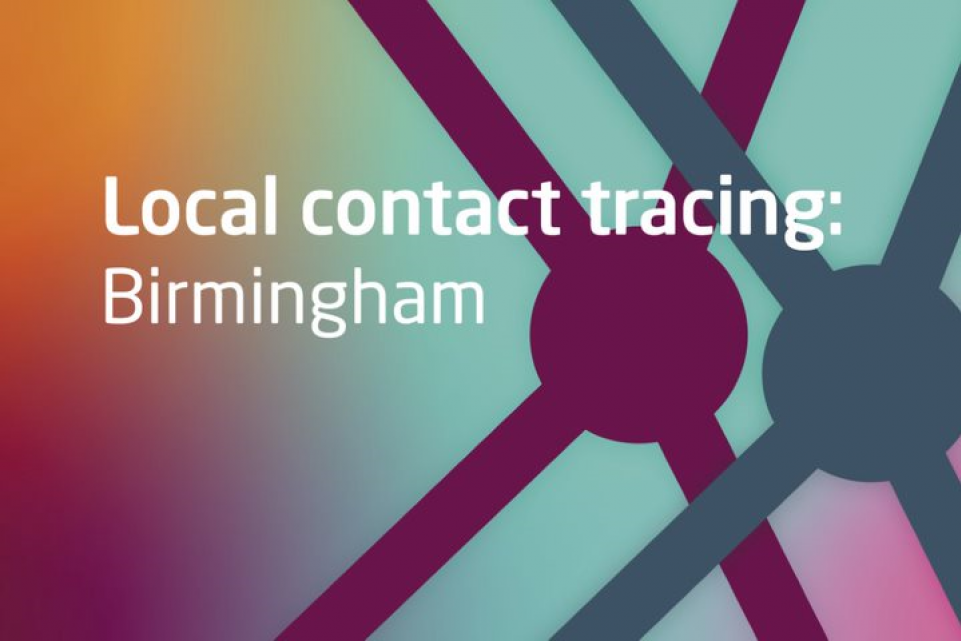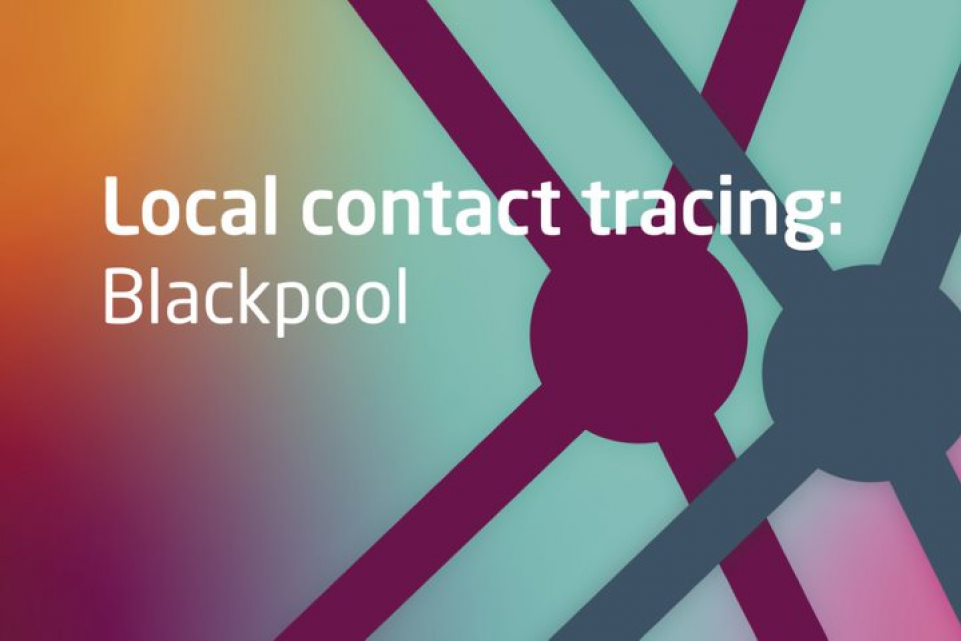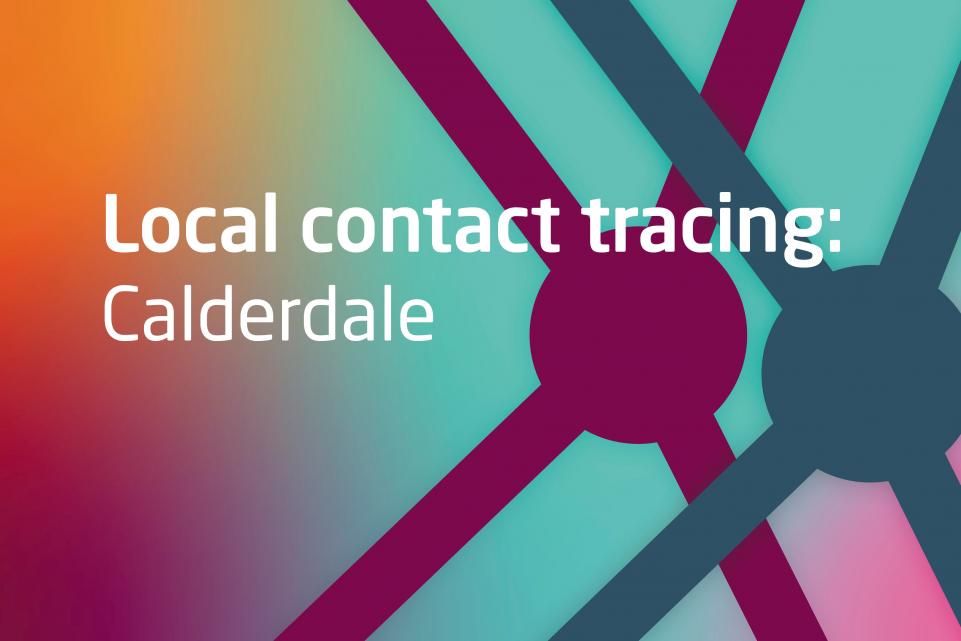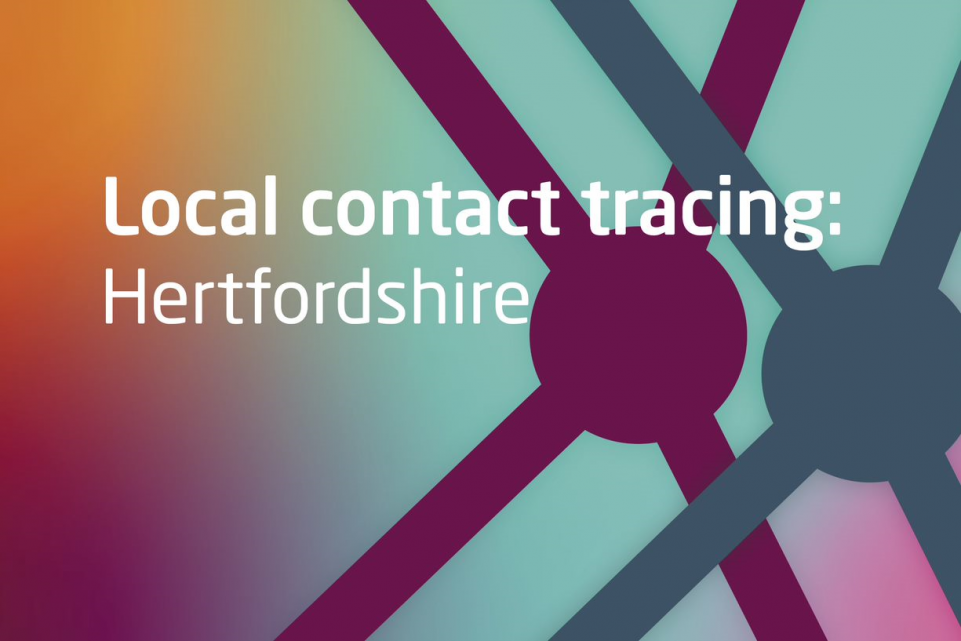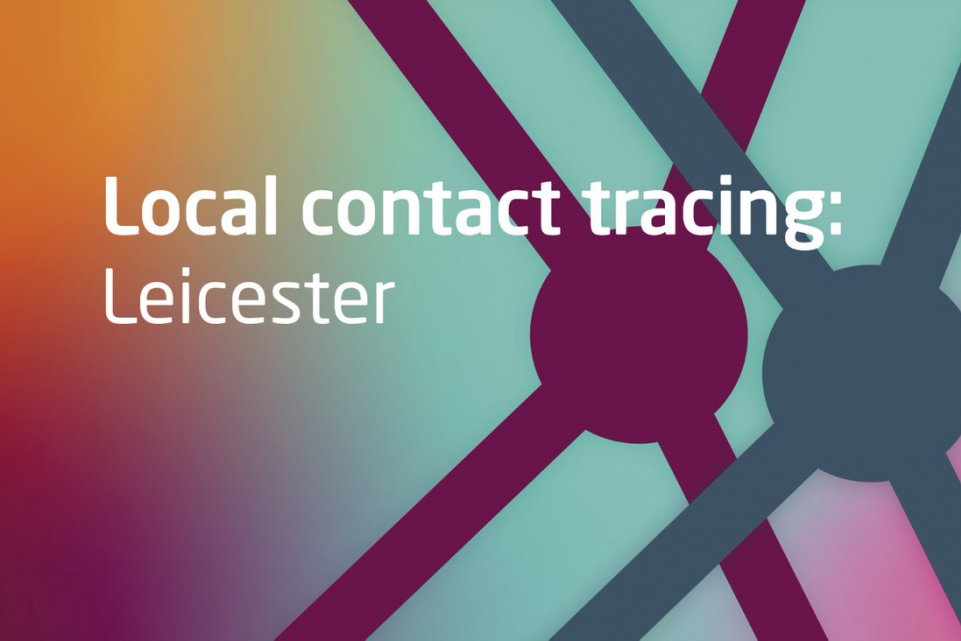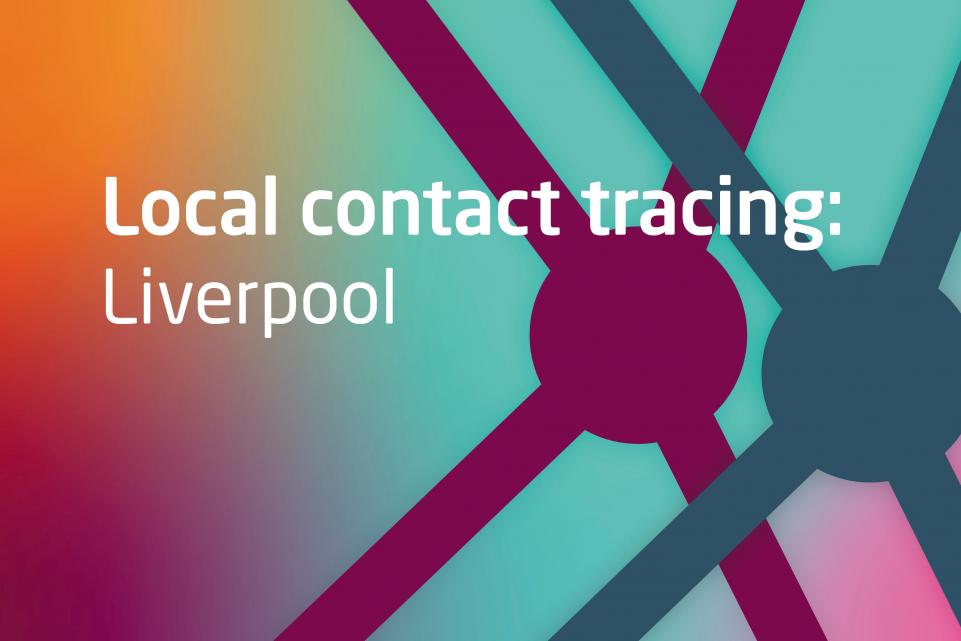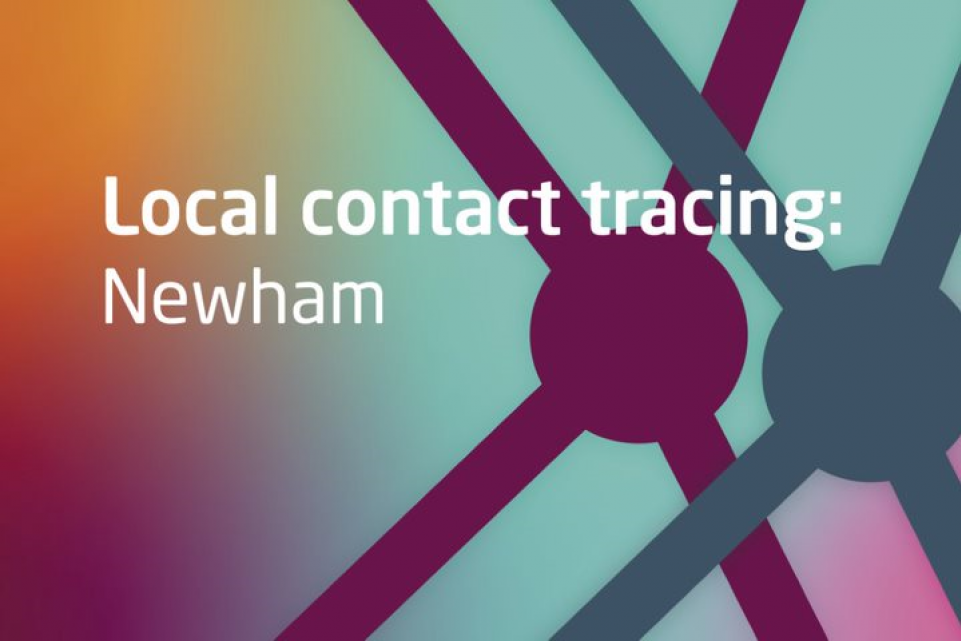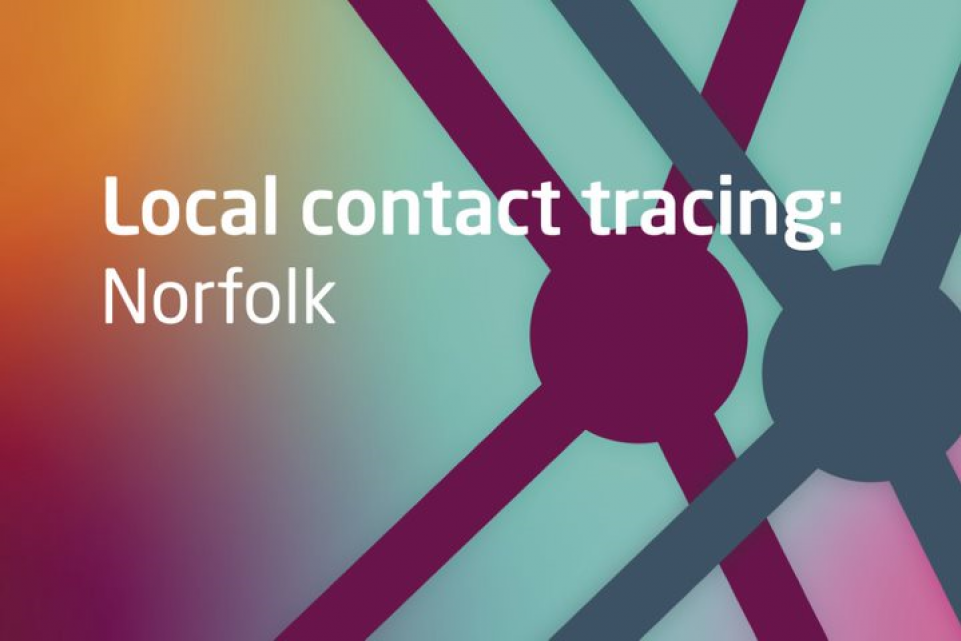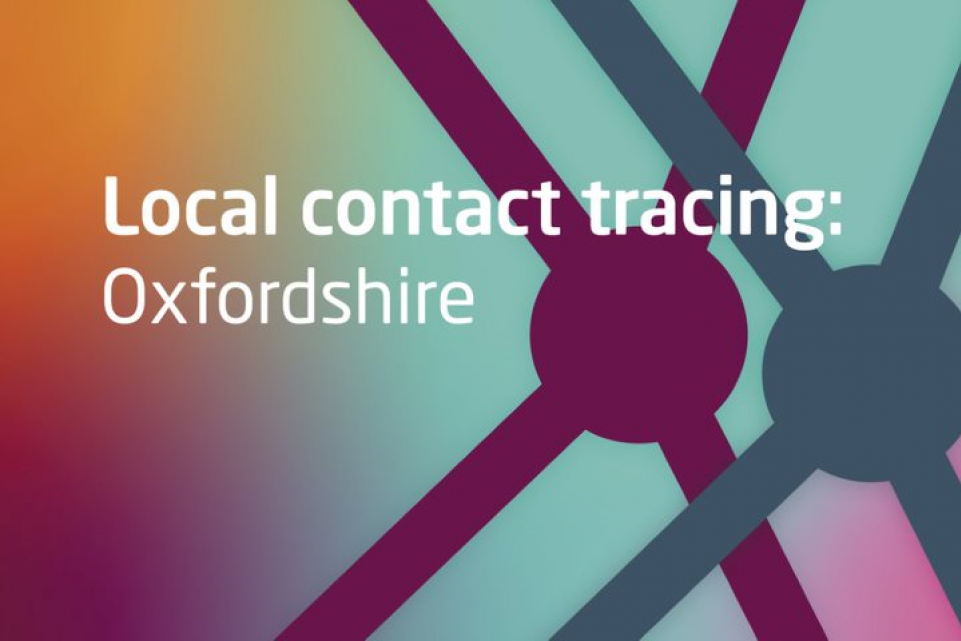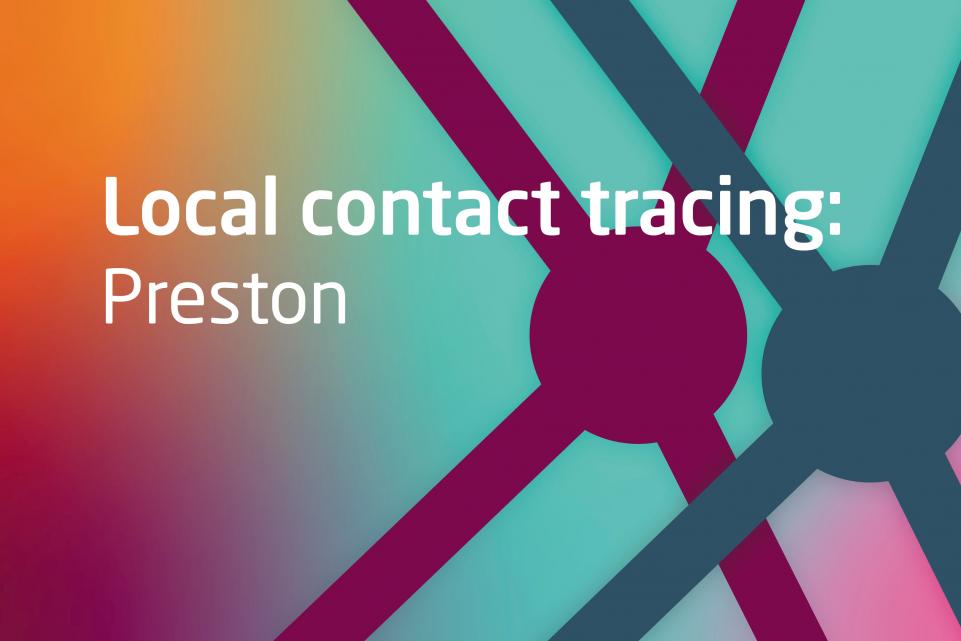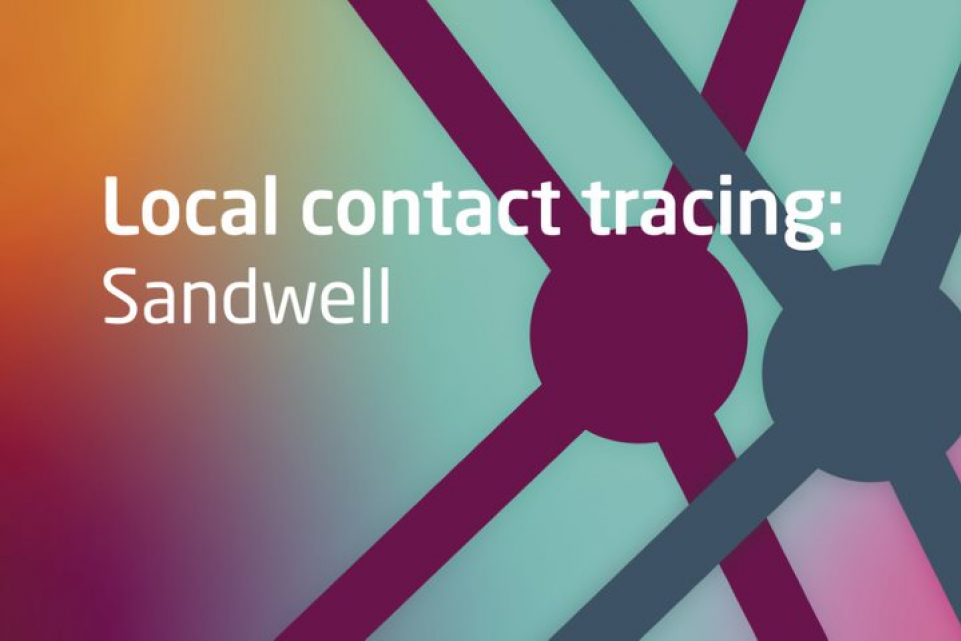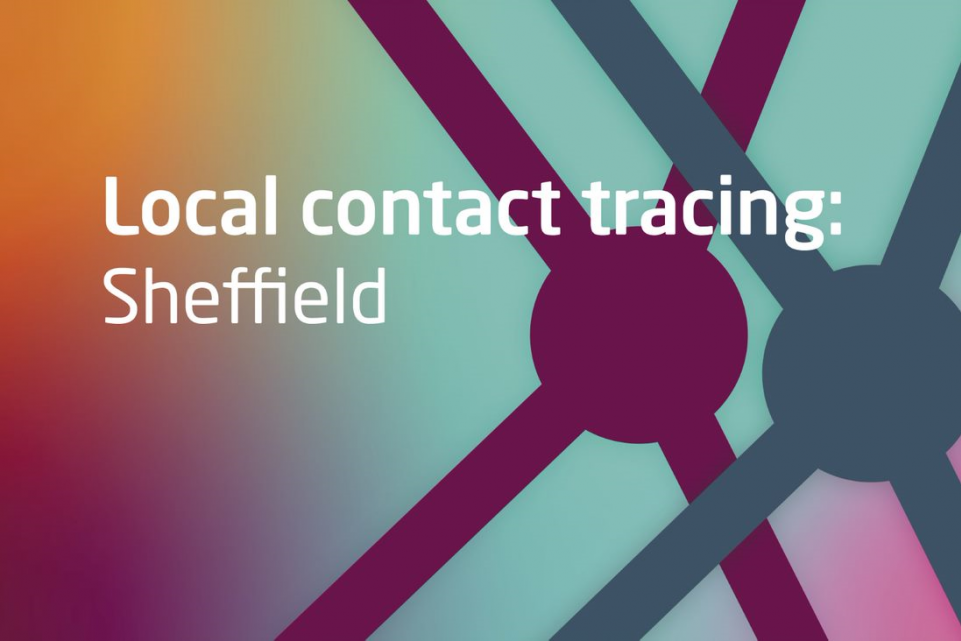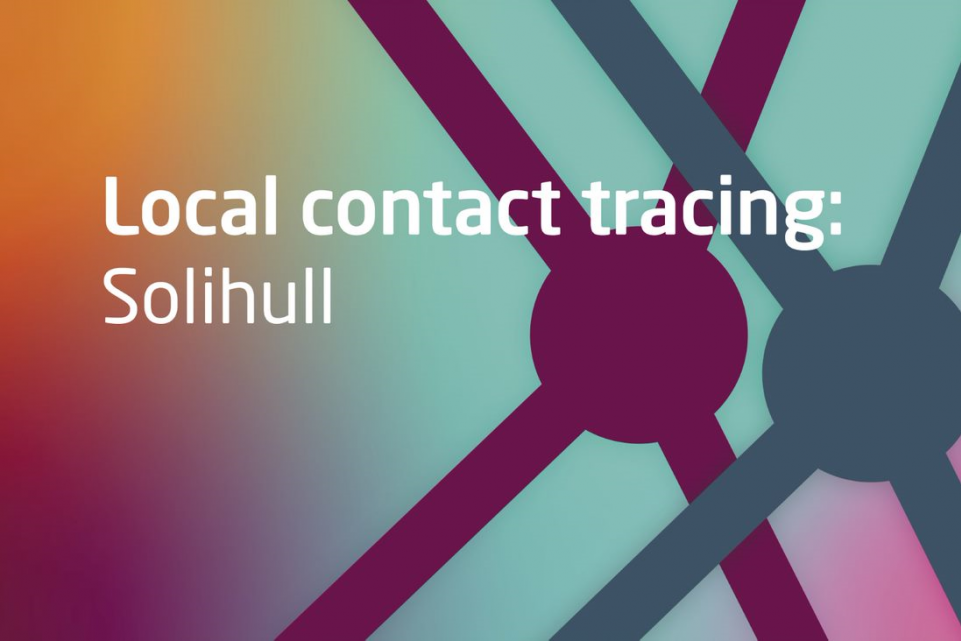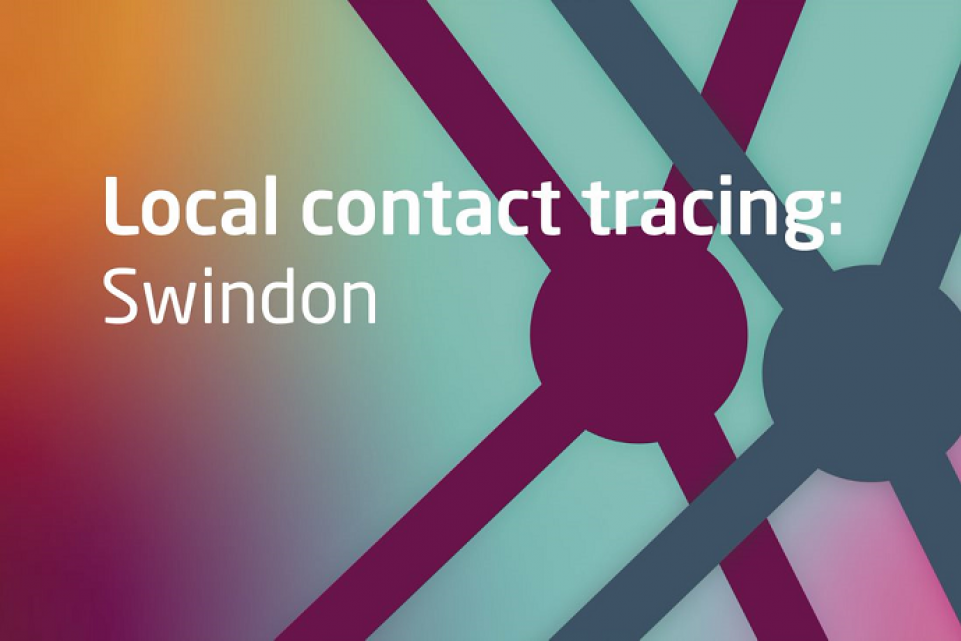A series of council case studies on local contact tracing.
Testing and tracing is vital to the country’s efforts to tackle coronavirus.
England has set up a national team to make sure those who test positive are isolating as well as identifying their close contacts. The performance of the service though has been mixed with the Prime Minister himself acknowledging he had hoped it would be better.
However, behind the scenes councils are quietly, but confidently, stepping up to the plate, building local contact tracing teams from scratch to help improve performance.
The following examples showcase some of the work being done and the lessons that are being learned. Councils are using their local knowledge to successfully trace many “hard-to-engage” cases. By cross-checking contact data with their own records, they are able to identify better contact details in some cases.
By using local telephone numbers and local staff, councils are reporting that significant numbers of people are willing to engage where previously they did not appear to want to.
And, even where this does not happen, the local services are having some joy using their staff to knock on doors and deliver letters urging them to get in touch.
But the strength in councils delivering these services does not solely lie in their ability to reach people. They are also able to help them isolate through support networks, many of which were established in the first wave to support vulnerable groups.
Whether it is arranging food or medicines deliveries or simply finding someone to walk the dog, councils are making it easier for people to stay at home and reduce transmission of the virus.
Local government is just at the start of this process. Over 300 councils have local contact tracing partnerships up-and-running so far – and in many cases they are only a few weeks in. But as the examples here demonstrate, they look set to play an ever-increasing role as the battle against coronavirus intensifies.
Councillor Ian Hudspeth, Chairman of Local Government Association's Community Wellbeing Board


